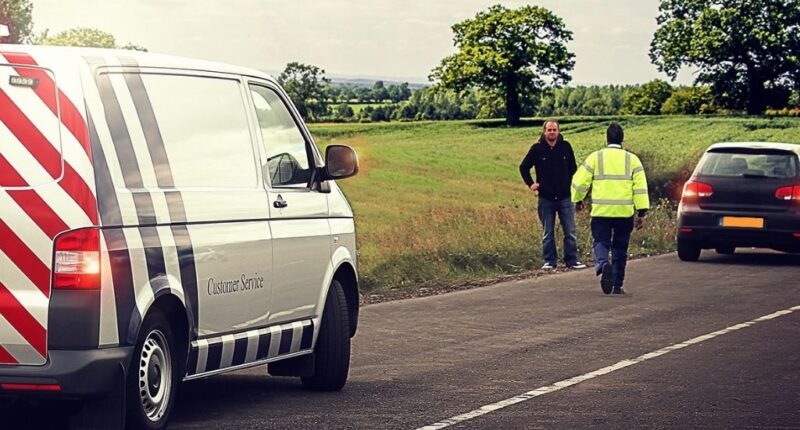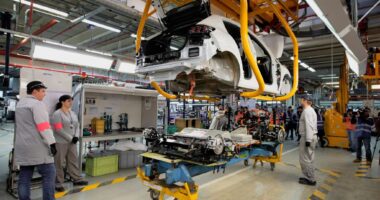As the cost of living crisis continues to bite, research has shown that an increasing number of motorists are looking at ways to cut back, with opting out of breakdown insurance policies coming out top.
Of the 1,000 motorists surveyed, one in five (20%) confirmed they are giving consideration to cancelling cover for the vehicle that would make the breakdown recovery process more straightforward.
Road safety charity IAM RoadSmart described the findings as “worrying” given that millions of drivers in Northern Ireland and across the UK mainland could find themselves stranded by the roadside and facing an expensive bill.
The biggest age group to indicate they might cancel their protection was those in the 18-24 bracket (50%). In stark contrast, just 14% of those aged 55 to 64-years-old said they were minded to end it prematurely.
Vehicle owners in Northern Ireland were among those least likely to stop paying for the safety blanket, as 85% confirmed they had no immediate plans to recoup some money in this way. Only those living in the North East of England returned a higher number (90%).
Commenting on the findings, Neil Greig, the Director of Policy and Research at IAM RoadSmart, said: “Most fatalities on motorways involve a stationary vehicle, so having cover means you are more likely to be rescued quicker, reducing your chances of being hit on the hard shoulder or in a running lane.
“Having said this, households up and down the country are being forced to cut back on everyday outgoings in an effort to balance the books, and our findings reveal that breakdown cover could be one of the first expenses to be axed by drivers.
“So, while we will always urge motorists to take out breakdown cover, those who are unable to afford it during such straitened times should carry out a series of regular vehicle checks themselves, which may prevent any avoidable breakdowns.
“These include ensuring engine oil is topped up, checking tyres daily, practising good driving habits and paying attention to warning lights and strange noises.”
Greig added: “As the adage goes, prevention is better than cure, so by following these simple steps motorists can ensure they avoid spending money on unnecessary repairs, or time on the hard shoulder, waiting for a recovery vehicle.”









